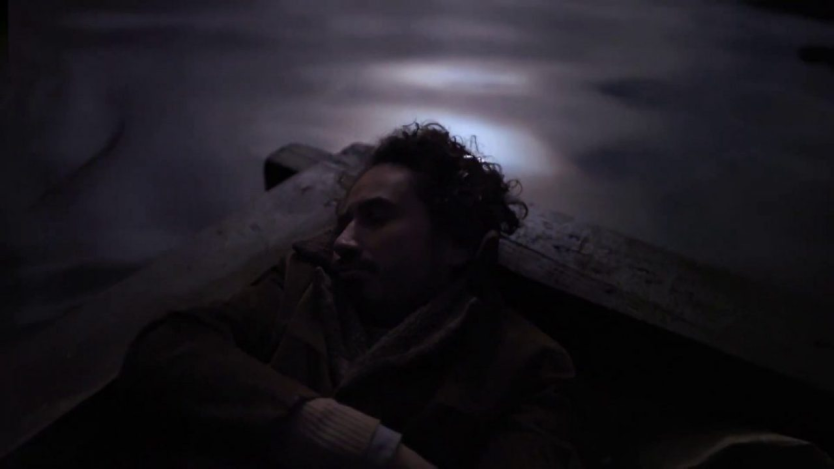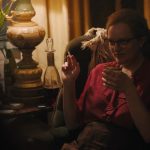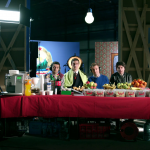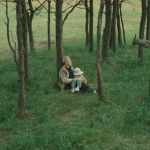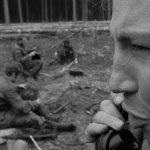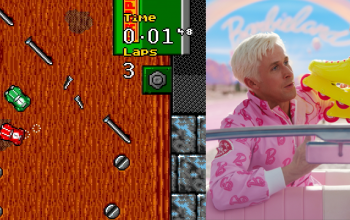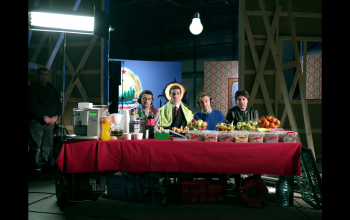I am not sure if I have ever experienced a film that manages to sweep you into eternal darkness and place you on a true journey of day into nights, the way Eloy Enrisco’s latest near-masterpiece has accomplished. If you recall the sensory experience of being lead into the night, wandering as if in a daze, in Bi Gan’s aptly named Long Day’s Journey into Night, I can only say that Encisco has managed to outdo it – and add actual meaning and poetry – complementing the increasing darkness – and the sense of being lost in the night – to perfection.
Endless Night opens, surprisingly, with day: We see little vignettes of life, with a cold, sad underlying note that could perhaps be construed as irony – but hits a little deeper. At first glance it could almost seem comparable to a non-comedic Roy Andersson – merely without the long takes – with a pinch of Rohmer and Straub/Huillet – but all new notes and a style of its own. There is a purity and simplicity in the way the dialogue is delivered and captured that immediately places us on the outside looking in. We are spectators, and we are viewing an almost timeless age that quickly reveals itself to be Franco’s Spain – and we shortly realize that we are not just seeing vignettes, but that there is one solitary person travelling through them – this is merely the world he is walking through.
It should go without saying that the visuals by Mauro Herce (the Cinematographer of Fire Will Come) are exquisite – both in its restrained observation – gracious encapturing – and haunting contrasts. I particularly loved the quiet moments when the camera would linger at a detail of a scene – such as the bread, with a knife next to it, in the opening scene. The composition akin to a beautiful traditional painting – and allowing us to see a kind of surprising beauty in the midst of what we are observing.
The narrative is divided into 3 clear acts, each separated by title cards showing I, II and III – and while there is a continuity of style, atmosphere and if you will, narrative – each section brings something new – and each section strips something away: as we drift further and further into night. It is a cry of the time, a memory of the past, an echo of suffering – with the characters (to the extent you can call them that) arguably being placeholders for humanity/Spain/Galicia as a whole. As we move from dialogue, to monologue to narration/recitation – a change so simply – yet so pivotal I almost considered adding a spoiler warning for a structural/poetic device we get a picture, broad and wide of Franco’s Spain, the indifference/callousness of those who supported it – and the pain, fair and ambivalence of those who stood against it.
Undoubtedly one of the best films of the last decade.
Christoffer Odegarden is the co-founder and editor-in-chief of iCinema Magazine. He is also the host of the bi-weekly cinephile podcast Talking Images.
